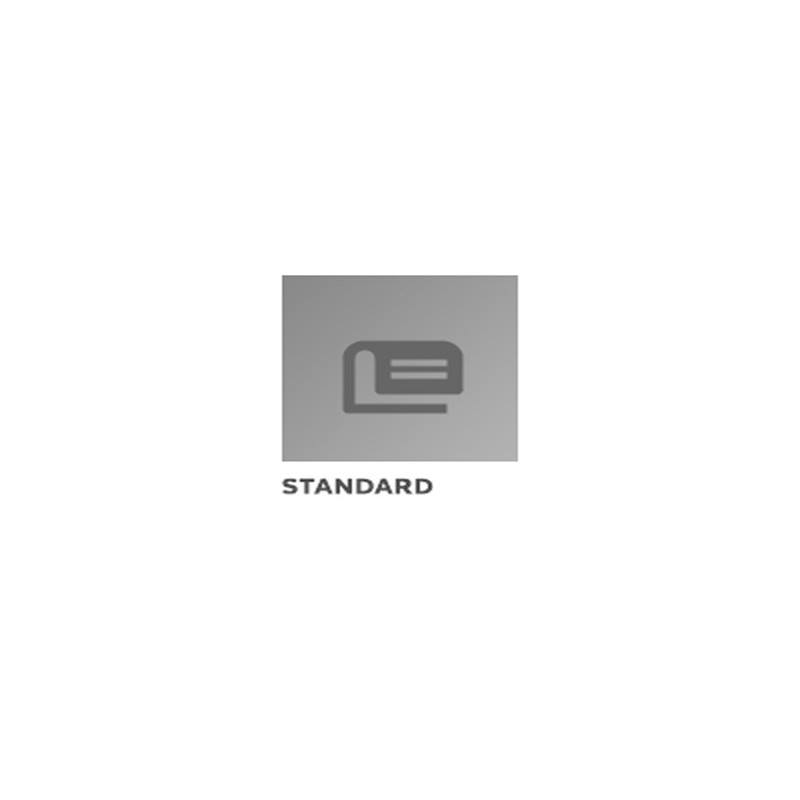Description / Abstract:
General
This standard establishes the baseline requirements for
performing and documenting FAI. Should there be a conflict between
the requirements of this standard and applicable statutory or
regulatory requirements, the applicable statutory or regulatory
requirements shall take precedence.
Purpose
The primary purpose of FAI is to validate that product
realization processes are capable of producing parts and assemblies
that meet engineering and design requirements. A well-planned and
executed FAI will provide objective evidence the manufacturer's
processes can produce compliant product and that they have
understood and incorporated associated requirements. FAI
will:
- Provide confidence that the product realization processes are
capable of producing conforming product.
- Demonstrate that the manufacturers and processors of the
product have an understanding of the associated
requirements.
- Provide objective evidence of process capability.
- Reduce potential risks associated with production startup
and/or process changes.
- Provide assurance of product conformance at the start of
production and after changes outlined in this standard.
An FAI is intended to:
- Reduce future escapes, risks, and total costs.
- Help ensure safety of flight.
- Improve quality, delivery, and customer
satisfaction.
- Reduce costs and production delays associated with product
nonconformances.
- Identify product realization processes that are not capable of
producing conforming product, and initiate and/or validate
corrective actions.
Application
This standard applies to organizations that are responsible for
producing the design characteristics of the product (i.e., product
realization). The organization shall flow down the requirements of
this standard to suppliers or processors who produce design
characteristics.
This standard applies to assemblies, sub-assemblies, and detail
parts including castings, forgings, and modifications to standard
catalogue or Commercial-Off-the-Shelf (COTS) items.
Unless contractually required, this standard does not apply
to:
- Development and prototype parts that are not considered as part
of the first production run.
- Unique single run production orders, not intended for ongoing
production (e.g., out-of-production spares).
- Procured standard catalogue items, COTS, or deliverable
software.


